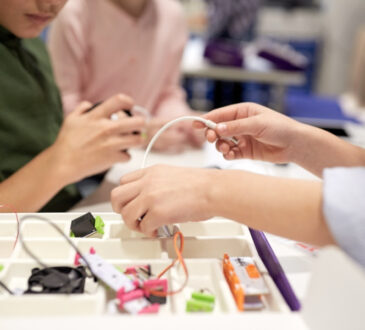
History is more than just a record of the past – it is a window into the human experience, offering valuable insights into the events, ideas, and people that have shaped the world we live in today. Studying history in schools provides students with a myriad of benefits that extend far beyond the classroom. In this blog post, a summer school in London discuss the importance of studying history and highlight the numerous advantages it offers to students.
1. Understanding the Present
Studying history helps students develop a deeper understanding of the present by examining the events and forces that have shaped the world as we know it today. By studying historical events, trends, and movements, students gain insight into contemporary issues and developments, allowing them to make connections between past and present and develop critical thinking skills.
2. Fostering Critical Thinking Skills
History encourages students to think critically, analyse evidence, and evaluate multiple perspectives. By examining primary and secondary sources, students learn to assess the reliability and credibility of information, differentiate between fact and opinion, and draw evidence-based conclusions. These critical thinking skills are invaluable in all areas of life, from academic studies to personal decision-making.
3. Cultivating Empathy and Compassion
Studying history allows students to explore the experiences and perspectives of people from different times, places, and cultures. By learning about the triumphs and struggles of individuals and communities throughout history, students develop empathy and compassion towards others, fostering a sense of global citizenship and understanding.
4. Building Cultural Literacy
History is a rich tapestry of cultures, traditions, and identities from around the world. Studying history helps students develop cultural literacy by exposing them to diverse perspectives, customs, and traditions. By understanding the cultural context of historical events, students gain a deeper appreciation for the richness and complexity of human civilisation.
5. Nurturing Civic Engagement
History plays a vital role in shaping the values, institutions, and systems of government that govern society. Studying history encourages civic engagement by empowering students to become informed and active participants in their communities and society at large. By understanding the rights and responsibilities of citizenship, students are better equipped to advocate for positive change and contribute to the common good.
6. Inspiring a Sense of Identity and Belonging
Studying history helps students develop a sense of identity and belonging by connecting them to the stories, traditions, and heritage of their ancestors. By learning about the struggles and achievements of those who came before them, students gain a sense of pride in their cultural heritage and a deeper understanding of their place in the world.
Studying history in schools offers numerous benefits that enrich the lives of students and society as a whole. From fostering critical thinking skills and empathy to nurturing civic engagement and cultural literacy, history education provides students with valuable insights into the human experience and prepares them to become informed and engaged citizens of the world. As educators and parents, let us recognise the importance of studying history and empower students to explore the past with curiosity, compassion, and an open mind.




